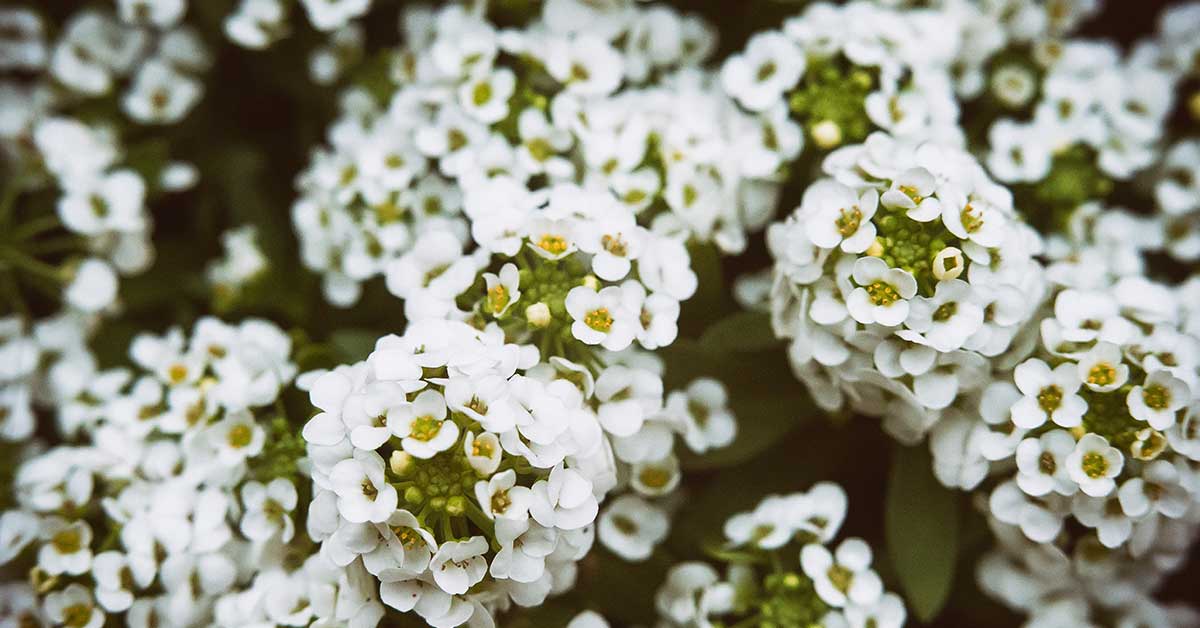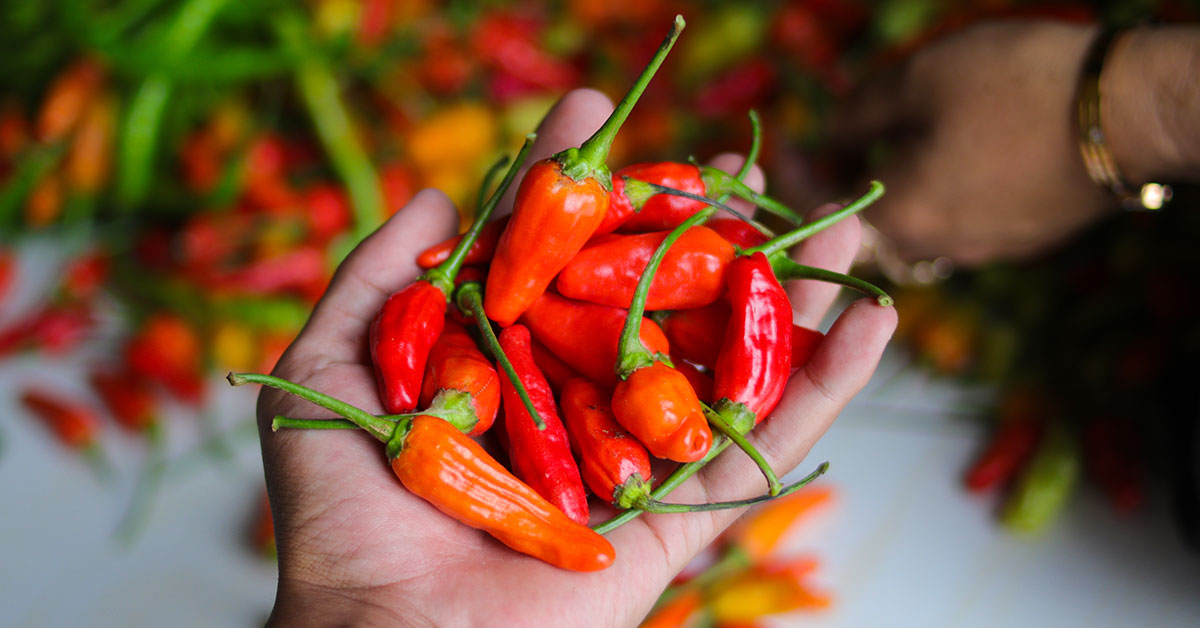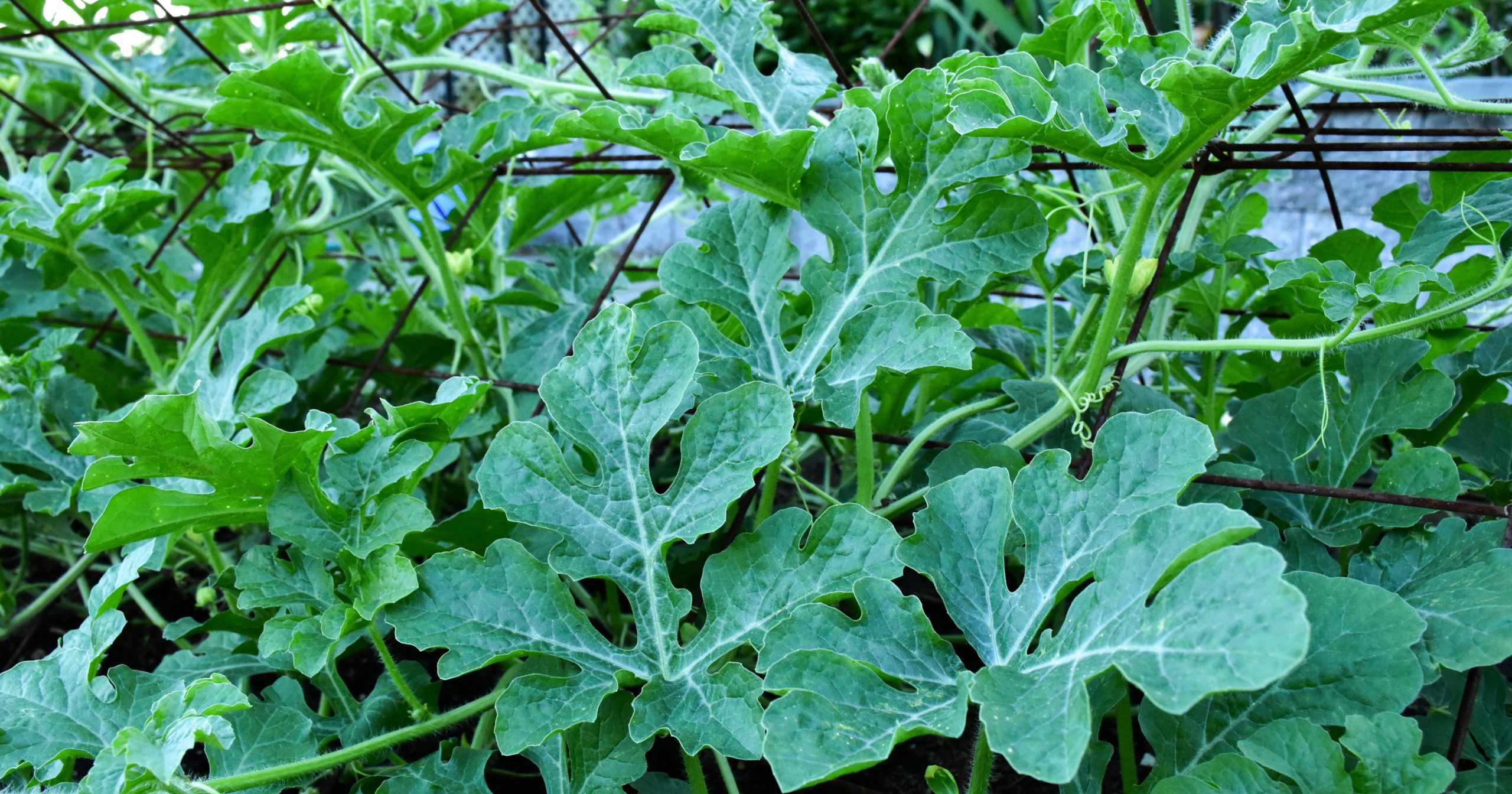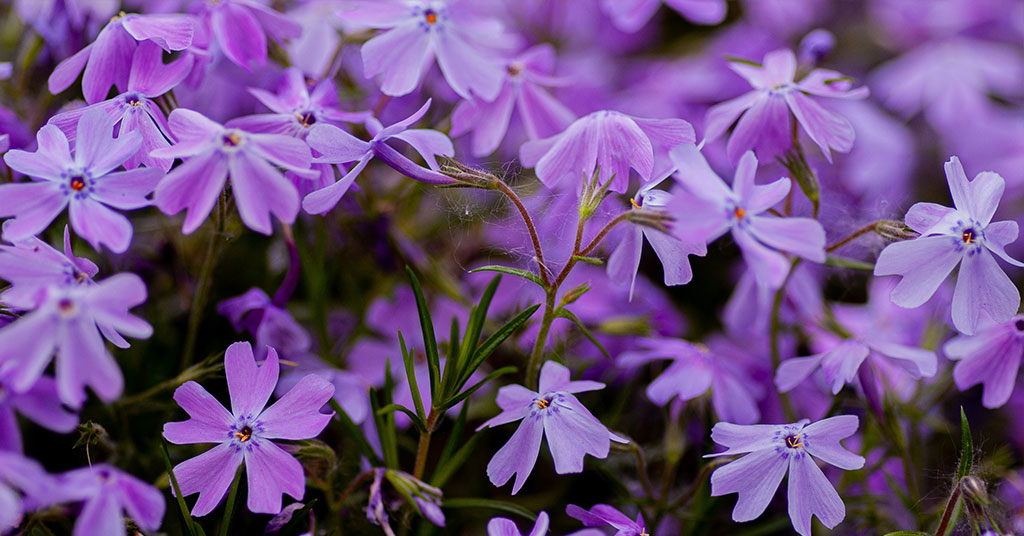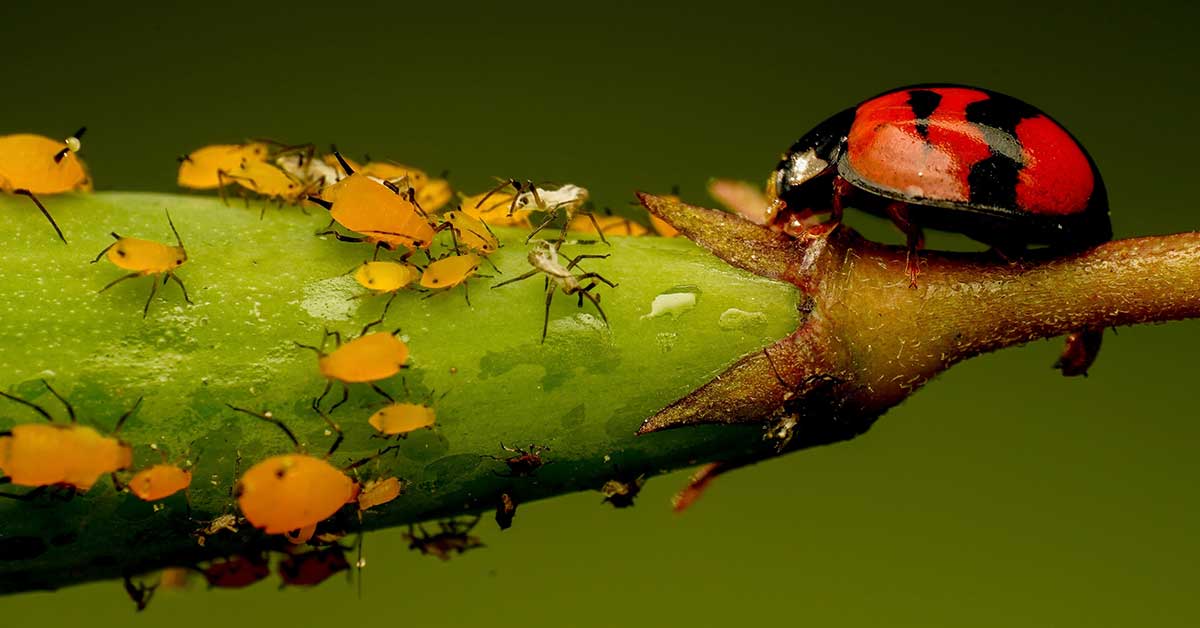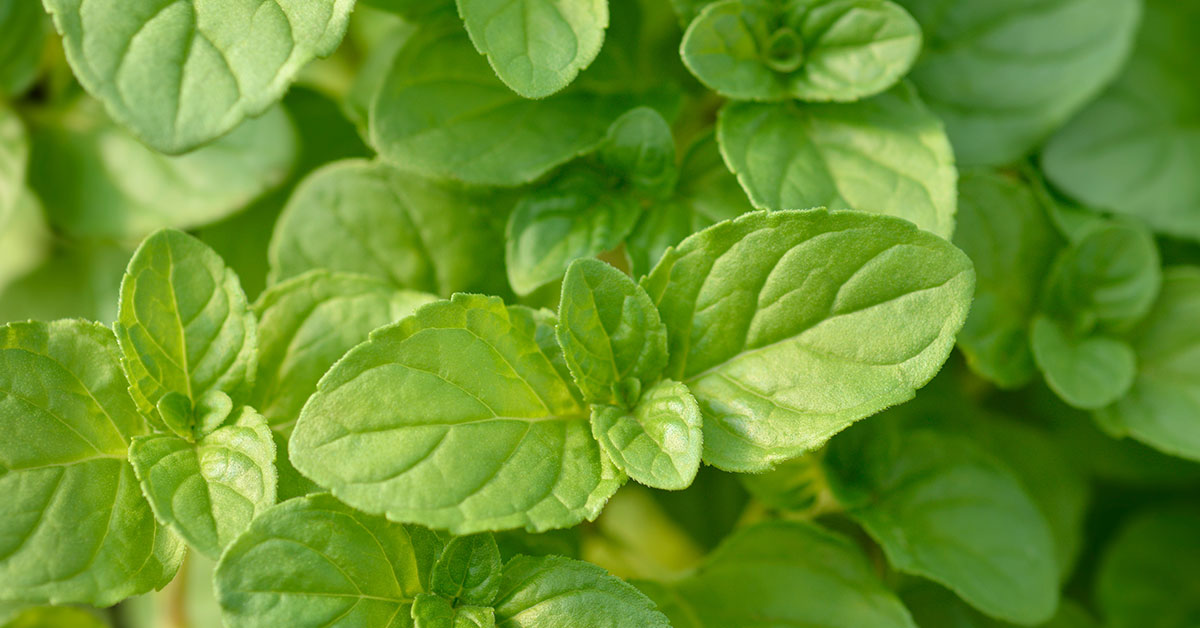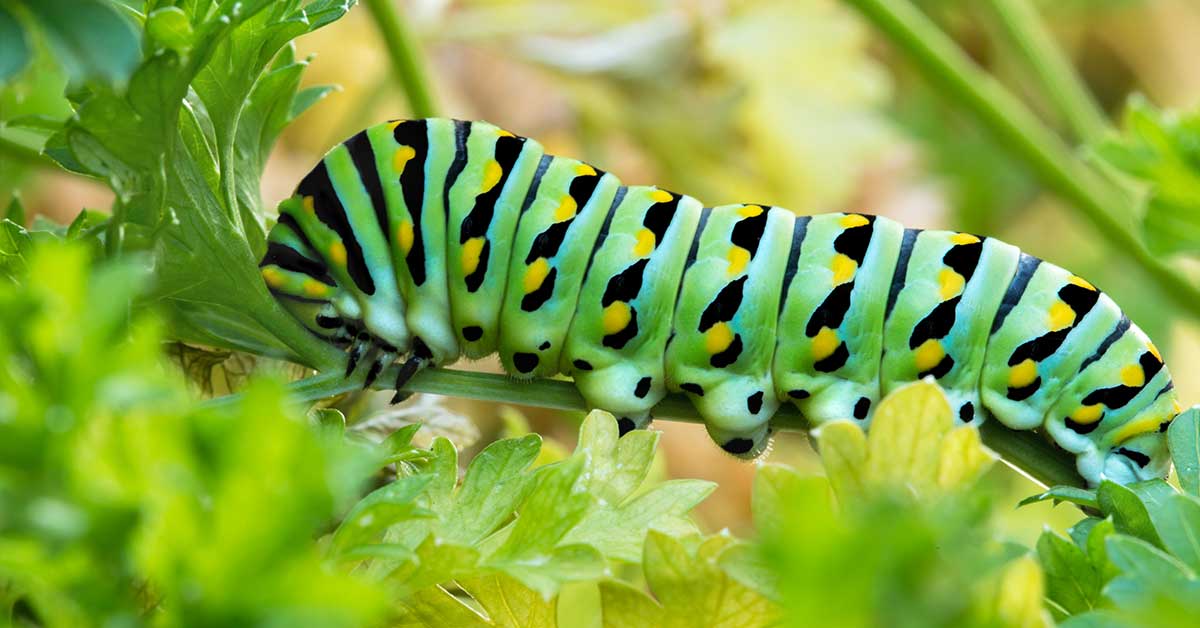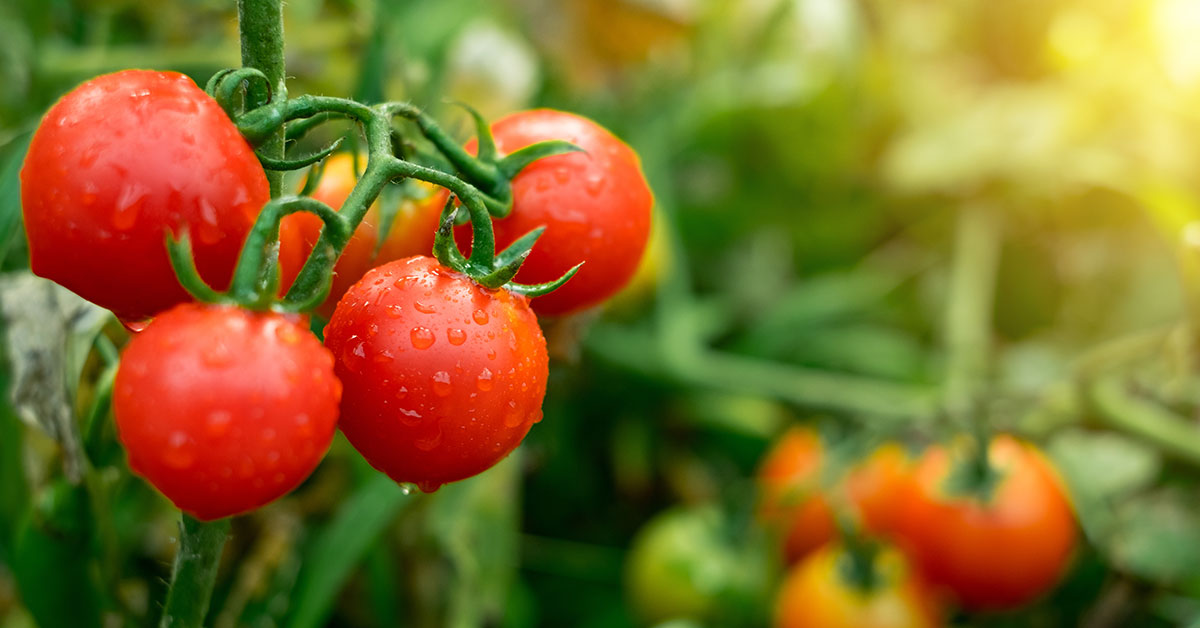Welcome to our comprehensive guide on finding the best fertilizer for Alyssums, those delightful and vibrant flowering plants that can add a touch of beauty to any garden or landscape. Alyssums, known for their delicate clusters of fragrant blossoms, are a popular choice among gardeners due to their versatility and low maintenance requirements. However, to ensure these charming plants thrive and produce an abundance of blooms, it is crucial to provide them with the right nutrients.
In this article, we will explore the various factors to consider when selecting a fertilizer for Alyssums, including their specific nutritional needs, the different types of fertilizers available, and tips on how to apply them effectively. Whether you are a seasoned gardener or a beginner, this guide will equip you with the knowledge to nourish your Alyssums and enjoy their stunning display throughout the growing season.
Do Alyssums need to be fertilized?
Alyssum plants are generally low-maintenance and do not require heavy fertilization for optimal growth. However, providing some fertilizer can help promote healthier and more vigorous growth. When it comes to fertilizing Alyssum, it’s important to avoid using high-nitrogen fertilizers as they can encourage excessive foliage growth at the expense of flower production. Instead, opt for a balanced or low-nitrogen fertilizer with a higher phosphorus content, which promotes blooming.
A good approach is to incorporate a slow-release granular fertilizer into the soil before planting Alyssum. This will provide a steady supply of nutrients over time. Alternatively, you can use a liquid fertilizer diluted to half strength every 4-6 weeks during the growing season. Remember to follow the instructions on the fertilizer packaging, as over-fertilization can lead to nutrient burn or other issues.
Additionally, always water the plants thoroughly after applying fertilizer to prevent any potential root damage. Overall, while Alyssum plants don’t require heavy fertilization, providing some nutrients can help them thrive and produce more abundant blooms.
The best fertilizer for Alyssums
For growing Alyssums, a balanced fertilizer with equal amounts of nitrogen (N), phosphorus (P), and potassium (K) is recommended. Look for a fertilizer with an NPK ratio of 10-10-10 or 20-20-20. This will provide a good balance of nutrients to promote healthy growth and flowering.
Additionally, Alyssums prefer slightly alkaline soil, so you may consider using a fertilizer that includes lime or adding lime separately to adjust the pH of the soil.
It’s important to follow the instructions provided on the fertilizer packaging for application rates and frequency. Over-fertilizing can lead to excessive foliage growth and reduced flowering, so it’s best to apply the fertilizer as directed.
When to fertilize Alyssums
The ideal time to fertilize Alyssum plants is in early spring, just as new growth begins. This will provide the plants with the necessary nutrients to support healthy growth and abundant flowering throughout the growing season. Additionally, you can apply a balanced slow-release fertilizer every 4-6 weeks during the growing season to ensure continuous nutrition for the plants. It is important to follow the instructions on the fertilizer packaging and avoid over-fertilizing, as this can lead to excessive foliage growth at the expense of flower production.
Common issues with fertilizing Alyssums
When fertilizing Alyssums, there are a few common issues or problems that can arise:
- Over-fertilization: Alyssums are generally low-maintenance plants and do not require heavy fertilization. Over-fertilizing can lead to excessive growth, weak stems, and reduced flowering. It may also make the plant more susceptible to diseases and pests.
- Nitrogen imbalance: Alyssums prefer a balanced fertilizer with equal amounts of nitrogen (N), phosphorus (P), and potassium (K). Excessive nitrogen can result in lush foliage growth but fewer flowers. It is essential to choose a fertilizer specifically formulated for flowering plants.
- Improper timing: Timing is crucial when fertilizing Alyssums. It is best to apply fertilizer during the active growing season, typically in early spring or early summer. Applying fertilizer too late in the season may encourage excessive growth, making the plant more vulnerable to winter damage.
- Incorrect application rate: Using too much or too little fertilizer can cause problems. Always follow the instructions on the fertilizer package and measure the correct amount for your Alyssums. Applying too much fertilizer can burn the roots and damage the plant, while too little may not provide adequate nutrients.
- Lack of soil preparation: Before fertilizing Alyssums, it is essential to ensure the soil is well-prepared. Poor soil quality, such as compacted or nutrient-deficient soil, can hinder nutrient absorption. Consider amending the soil with organic matter, such as compost, to improve its structure and fertility.
- Environmental factors: Environmental conditions can affect the effectiveness of fertilizers. Excessive rainfall or overwatering can leach nutrients from the soil, reducing their availability to the plants. On the other hand, drought conditions can cause fertilizer salts to accumulate, leading to root burn. It is crucial to monitor and adjust the watering schedule accordingly.
To avoid these issues, it is recommended to conduct a soil test before fertilizing Alyssums. This test will provide valuable information about the soil’s nutrient levels and pH, helping you choose the appropriate fertilizer and application rate. Additionally, regular observation of the plants’ growth and health can help identify any potential problems early on.
